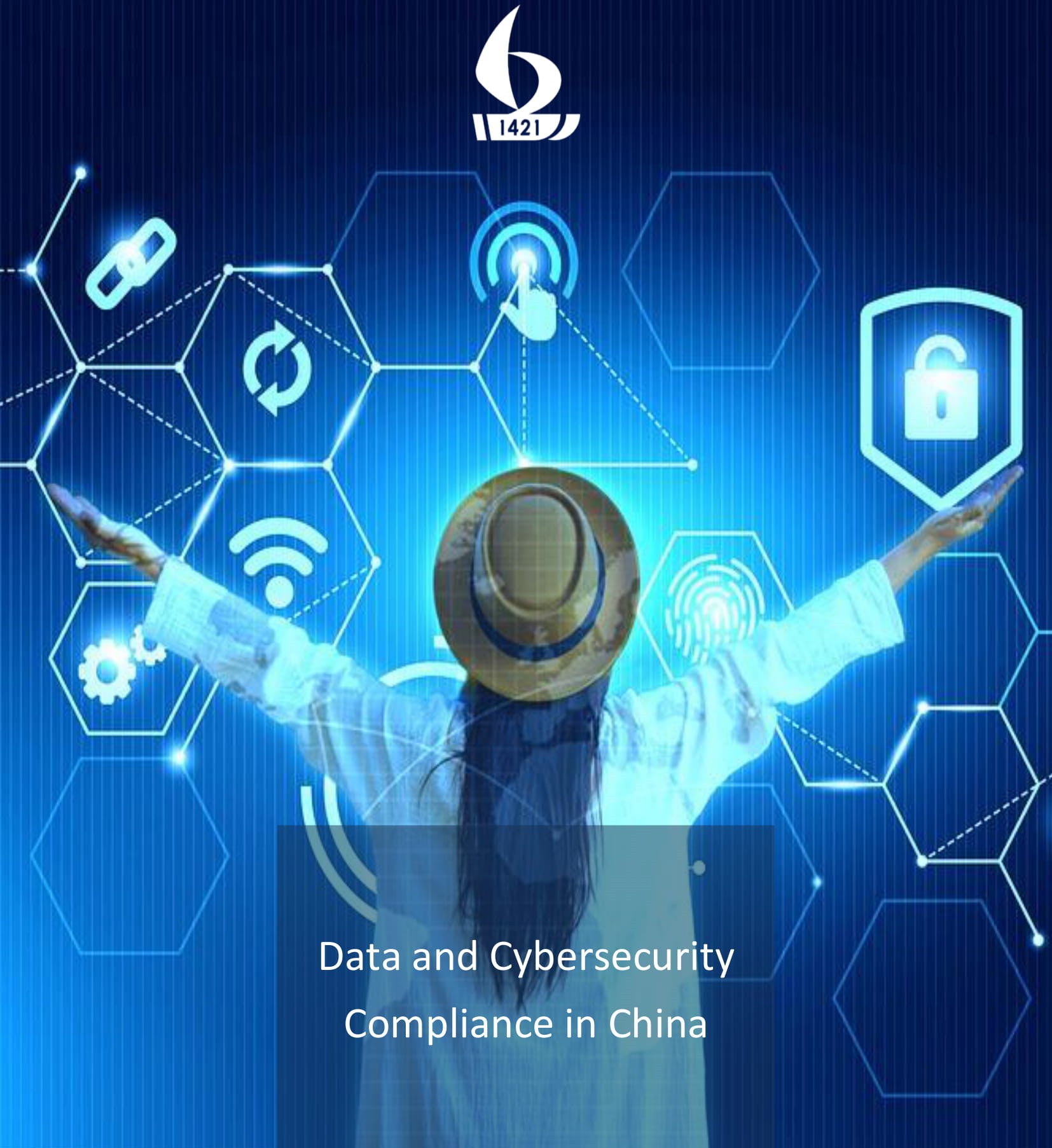Quarterly Research Topic 2
Waste Management in China
There have been many interesting innovations and challenges that China is facing in their waste management strategy. The purpose of the research report is to identify where these challenges lie, where some opportunities are for foreign waste management enterprises, and how Chinese government policy frames the attitude China has towards municipal waste management.
A common theme in municipal waste management throughout all sectors was the challenge of sorting the waste in a way that makes it possible to reuse the waste in one way or another. This could mean potentially reusing the products through extracting valuable resources, through changing the chemical composition of the waste to something completely different, or more traditional recycling schemes.
We found through researching the Communist Party’s policy that waste management was taken very seriously at the highest levels of governance. It is something that comes up during every five-year-plan at the very top, and is heavily invested in by provinces and cities and districts all the way to the bottom.
This report provides a general overview of the waste management marketing in China, municipal waste and its related national and regional policies, The Food Waste Industry in China, hazardous waste and e-waste in China. Furthermore, it will highlight waste management methods such as anaerobic digestion, waste sorting, mineral extraction from electronic products and other strategies to provide SMEs within the industry a guide on how China is moving forward with their waste management strategy in the present and future.
2. Introduction
3. Chinese Waste Management Market: Municipal Waste
3.1. Recyclable Waste
3.1.1 Definition of Recycling
3.1.2. Environmental Policies Related to Recyclable Waste
3.1.3. Current Practices surrounding Recyclable Waste
3.2. Food Waste
3.2.1. What is Food Waste?
3.2.2. Environmental Policies Related to Food Waste
3.2.3. Treatment Practices of Food Waste in China
3.2.4. Playsers in the Food Waste Industry in China
3.2.5. Case Study Food Waste in China
3.3. Hazardous Waste & E-Waste
3.3.1. What is Hazardous Waste?
3.3.2. Negative Impact of Hazardous Waste
3.3.3. Current Practices surrounding Hazardous Waste & E-Waste
3.3.4. Case Study E-Waste
4. Business Opportunities in Waste Management in China
4.1. Foreign Entry Points
4.2. Anaerobic Digestion
4.3. Waste Sorting
5. Conclusion
6. Glossary
7 Why 1421 Consulting Group?
Have A Look At One Of Our Other Research Reports!
There have been many interesting innovations and challenges that China is facing in their waste management strategy. The purpose of the research report is to identify where these challenges lie, where some opportunities are for foreign waste management enterprises, and how Chinese government policy frames the attitude China has towards municipal waste management.
A common theme in municipal waste management throughout all sectors was the challenge of sorting the waste in a way that makes it possible to reuse the waste in one way or another. This could mean potentially reusing the products through extracting valuable resources, through changing the chemical composition of the waste to something completely different, or more traditional recycling schemes.
We found through researching the Communist Party’s policy that waste management was taken very seriously at the highest levels of governance. It is something that comes up during every five-year-plan at the very top, and is heavily invested in by provinces and cities and districts all the way to the bottom.
This report provides a general overview of the waste management marketing in China, municipal waste and its related national and regional policies, The Food Waste Industry in China, hazardous waste and e-waste in China. Furthermore, it will highlight waste management methods such as anaerobic digestion, waste sorting, mineral extraction from electronic products and other strategies to provide SMEs within the industry a guide on how China is moving forward with their waste management strategy in the present and future.
What happened in the year 1421?


